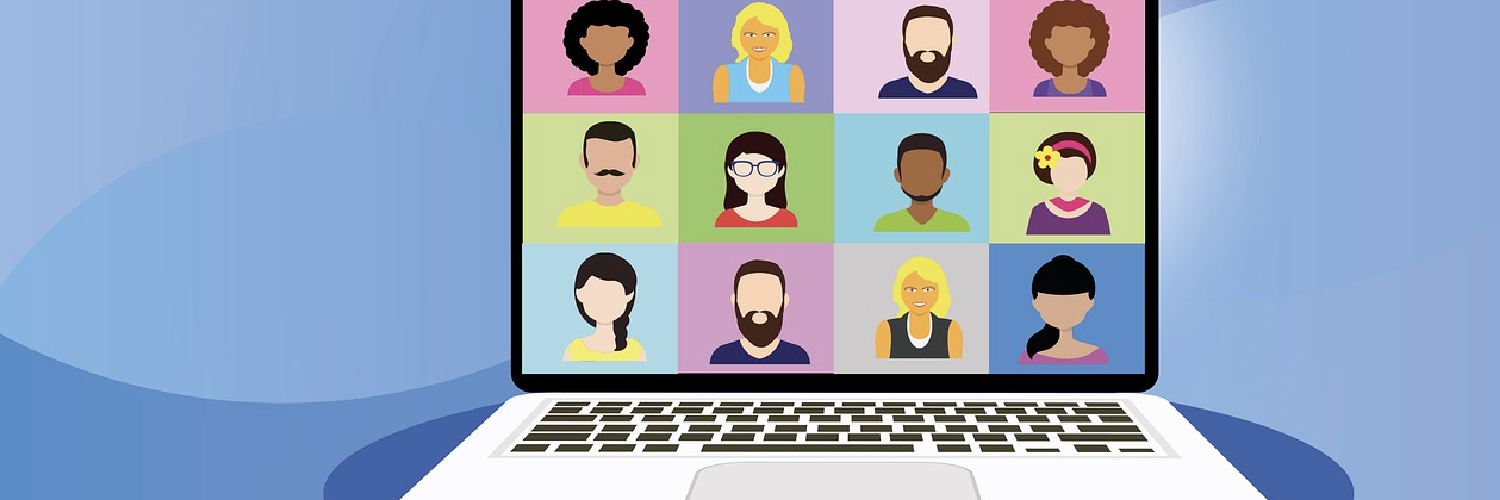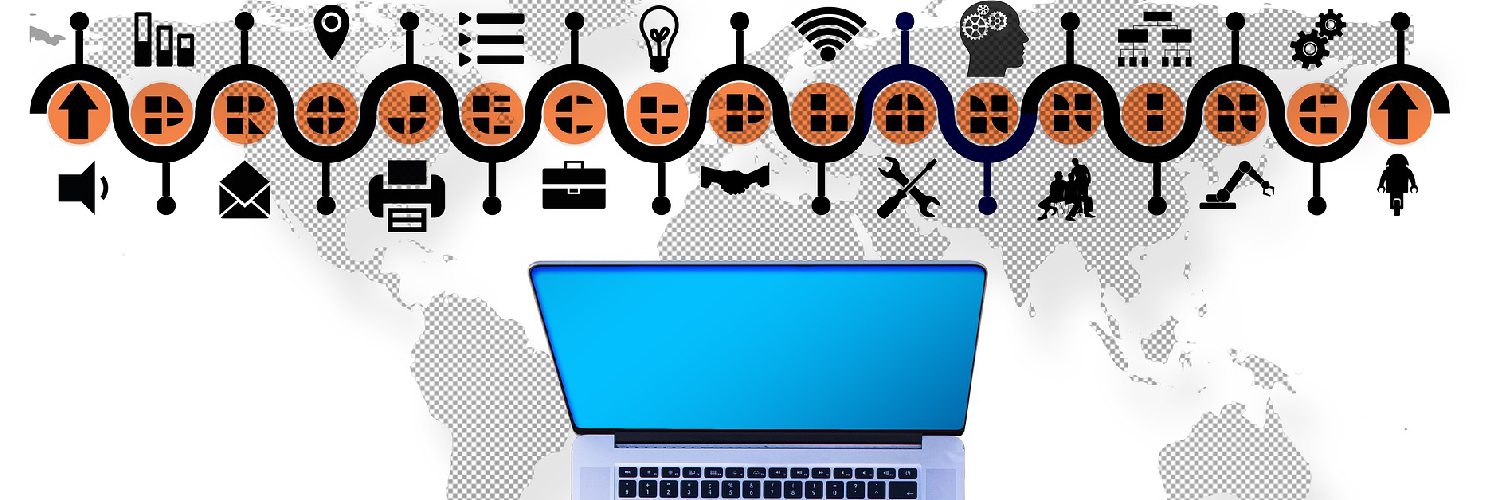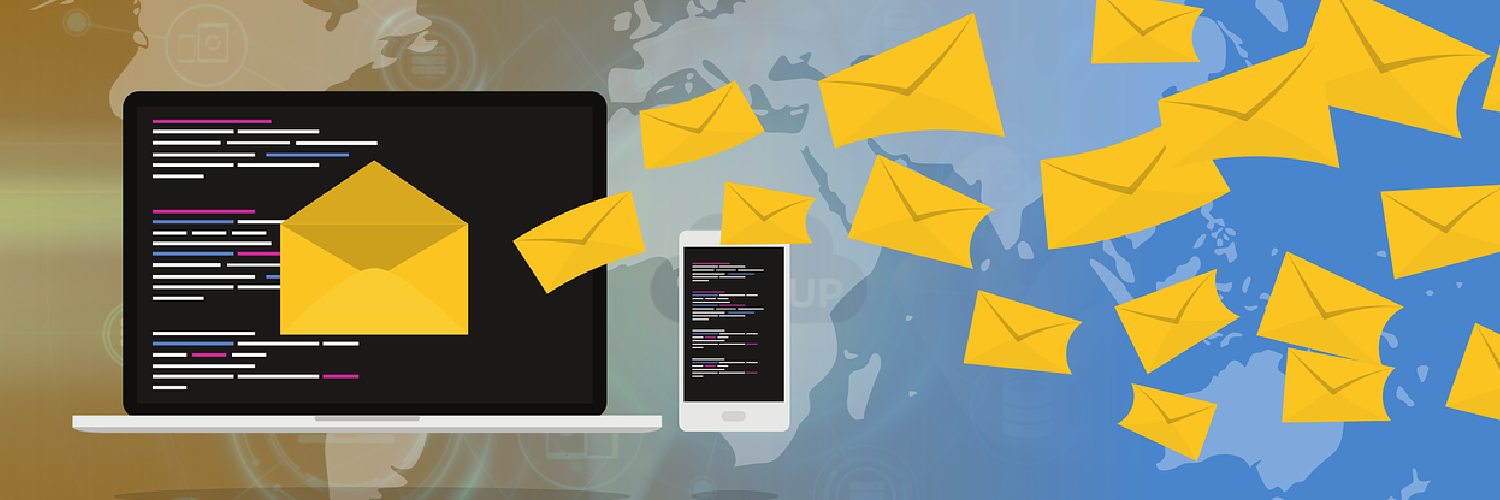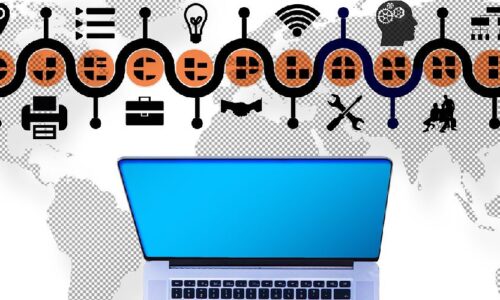- itteamreviews
- 0 Comments
- 1502 Views
When it comes to managing customer relationships, there are many different options available. A customer relationship management (CRM) system is software that helps businesses manage their interactions with customers, streamline operational processes related to customers and track data in a central location.
This blog post will introduce you to the basics of CRM so you can understand how this software can help your business. There are many different CRM software packages available. Each one has its own features, pros and cons, support options and price point. Depending on the size of your business and how much data you need to store, you may want to explore the various options before making a final decision. In this blog post, we’ll take an in-depth look at what CRM is and why it makes sense for your business.
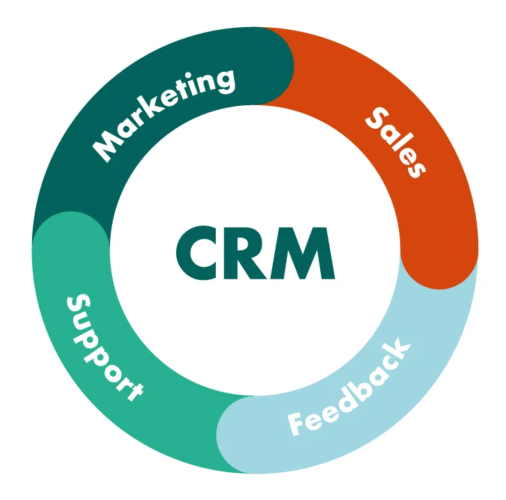
What is CRM?
CRM stands for customer relationship management, and it refers to strategies and tools that help companies understand, engage and retain customers. These strategies and tools include sales automation, marketing automation, customer service tools, collaboration features and analytics.
When customers engage with your company – whether they sign up for a newsletter, make an in-store purchase or chat with your customer service team – you can use CRM software to track and organize that information.
This way, you’ll have a more comprehensive understanding of your customers. Additionally, CRM software can help you produce more personalised interactions with customers by understanding their unique needs and preferences. For example, if you know a customer is particularly price-sensitive, you can give them price-based offers that fit their needs while still making enough profit to keep the lights on.
Why is CRM important for your business?
Because CRM is all about keeping track of your customers, you’ll be able to better understand their needs, preferences and behaviour. You can then use this information to customise your marketing campaigns and product offerings to better suit their needs. You’ll also be able to provide more personalised customer service, give customers the best possible experience and increase retention rates.
One important thing to remember about CRM is that it doesn’t end with the sign-up process. You also need to make sure you’re keeping track of your customers’ experiences throughout their time as customers. If you notice a dip in retention rates, you can use CRM data to help determine what might be behind that change.
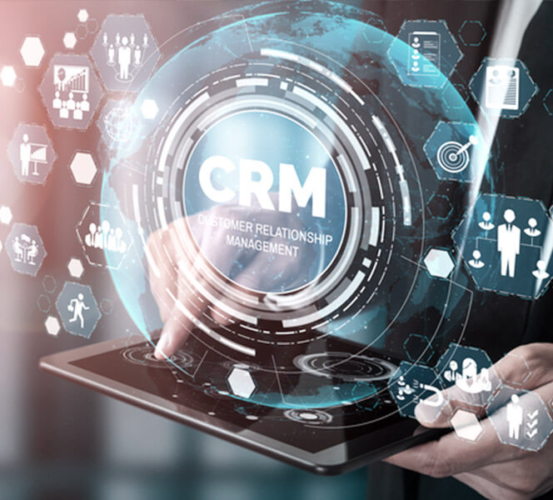
How does CRM benefit your business?
There are many different ways in which CRM software can benefit your business. Let’s take a look at a few key areas where CRM can help. Better sales processes – CRM can help sales teams track their activities, including which leads they’re following up with, which deals are progressing and which deals are likely to collapse.
This insight can make a big difference as it will allow them to focus on the most promising leads while letting them know when it’s time to cut their losses. More effective marketing campaigns – If you’re using marketing automation tools, your CRM will be able to help you track your advertising efforts. You can use this data to determine which campaigns are working best, which ones are falling flat and what changes you need to make to improve results.
Better customer service – Customer service is all about making sure customers have a positive experience. When you’re equipped with the right information and tools, you’ll be able to jump on issues quickly. You’ll also be able to provide more personalized assistance as you’ll have more insight into each customer’s needs.
Types of CRM software
There are two main types of CRM software: on-premises and SaaS. An on-premises solution will be installed on your company’s computers, while a SaaS solution will be hosted in the cloud. An on-premises solution is often more customisable, but there may be a bigger initial investment required. With a SaaS solution, there’s no upfront cost, but you’ll have less control over the software’s functionality. It’s important to weigh these pros and cons to find the best CRM solution for your business.
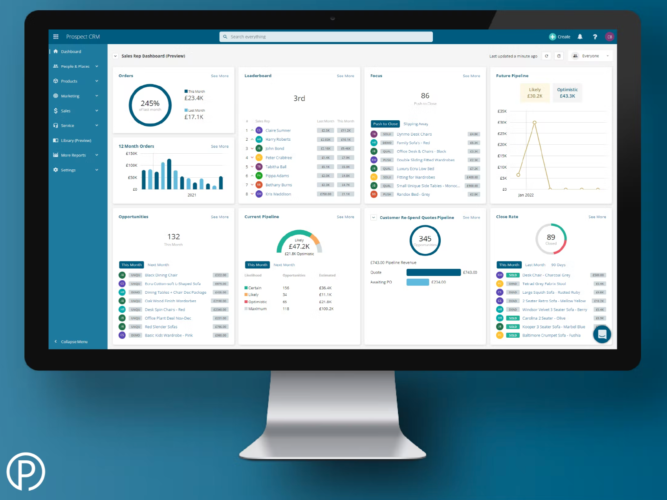
When to use which type of CRM software?
You should choose the type of CRM software that will work best for your company and allow you to get the most out of its features. For example, if you have a young company with a small customer base and limited resources, it probably doesn’t make sense to use an on-premises solution. In this case, a SaaS solution may be a better fit. Similarly, if you have a large customer base and plenty of employees to track, an on-premises option may be better suited to your company’s needs. In this case, you may want to choose a SaaS solution because it would be difficult to manage so many systems.
Conclusion
The customer relationship management software is a great tool for businesses of all shapes, sizes and industries. It can help you track important information about your customers, manage leads and contacts, send email marketing campaigns and more. If you’re looking for CRM software, it’s important to choose the right one for your business.





